Choosing between Etsy and Shopify can be a big decision for small business owners. Both platforms offer unique benefits, but which one is best for your business? Some sellers thrive on Etsy, others do better on Shopify, and for some (like me), using both is the best strategy. Here’s a breakdown of Etsy vs. Shopify and how to decide which one (or both) works for you.
1. How I Started on Etsy & Shopify
I first opened my Etsy shop in 2016, restarted it in 2020, and launched my Shopify store in 2022. Each platform serves a different purpose for my business:
✅ Etsy brings in organic traffic without me having to advertise it.
✅ Shopify gives me full control over branding, customer experience, and lower fees.
✅ Etsy is more consistent in daily sales, but Shopify allows for bigger orders and higher profit margins.
✅ I use Etsy to attract new customers and then convert them into repeat buyers on Shopify.
Every business is different, but here’s how I compare them.
2. Which Is Easier to Set Up?
Winner: Etsy
Etsy is easier and faster to set up, within minutes you can list products and start selling. Shopify takes more time because you need to design your store, set up payments, and drive your own traffic.
💡 Best for: New sellers who want a simple way to start selling with built-in traffic.
3. Fees & Cost Comparison
Winner: Shopify (long-term savings)
Etsy has low startup costs, but their transaction fees add up fast. Shopify has a monthly fee, but as you scale, it becomes cheaper than paying Etsy’s high per-sale fees.
💰 Etsy Fees:
- $0.20 per listing (every 4 months)
- 6.5% transaction fee on every sale
- Payment processing fees (varies by country)
- Additional 15% fee if you make a sale from an Etsy Offsite Ad
💰 Shopify Fees:
- Monthly fee ($39 for Basic Plan)
- No per-sale fees unless you use Shopify Payments (2.9% + $0.30 per transaction)
💡 Best for: Small businesses just starting should start on Etsy, but as you grow, Shopify will likely save you money.
4. Traffic & Customer Reach
Winner: Etsy (built-in audience), Shopify (better for long-term growth)
Etsy has a huge marketplace where customers are already shopping. I don’t advertise my Etsy at all, customers find me through search. Shopify, on the other hand, relies on your marketing efforts to drive traffic.
🚦 Etsy Traffic:
- Etsy brings customers without ads if you use strong SEO.
- People remember Etsy, not your brand. They may forget who they bought from.
🚦 Shopify Traffic:
- You have to drive your own customers through social media, email, or ads.
- Customers remember your brand, making it easier to build a loyal audience.
💡 Best for: Etsy is great for organic discovery, but Shopify is better for long-term brand building.
5. Branding & Customization
Winner: Shopify
Etsy limits how much you can customize your store. Every Etsy shop looks similar, and branding is minimal. Shopify lets you fully design your store and create a unique shopping experience.
🎨 Etsy Limitations:
- No control over store layout.
- Etsy branding is everywhere, not yours.
🎨 Shopify Perks:
- Fully customizable website design.
- You own your domain and customer data.
💡 Best for: If branding and a unique customer experience matter, Shopify is the way to go.
6. Customer Retention & Repeat Sales
Winner: Shopify
One of Etsy’s biggest flaws is that it doesn’t give you full access to your customer base. Etsy controls the customer experience, making it hard to turn buyers into repeat customers.
📩 Etsy:
- No email list ownership. You can’t market directly to past buyers.
- Customers return to Etsy, not necessarily your store.
📩 Shopify:
- You own customer emails. You can send promotions, newsletters, and discounts.
- Easier to build a loyal customer base.
💡 Best for: If you want direct relationships with customers, Shopify is the better choice.
7. Analytics & Business Growth
Winner: Shopify
Shopify’s analytics tools are light years ahead of Etsy’s. You get detailed reports on customer behavior, conversion rates, and product performance, which helps make smarter business decisions.
📊 Etsy:
- Basic analytics (views, clicks, sales).
- Hard to make data-driven product decisions.
📊 Shopify:
- Advanced reports on traffic, best-sellers, and repeat customers.
- Helps plan inventory, marketing, and pricing strategies.
💡 Best for: Business owners who want data-driven insights to grow faster.
8. Selling In-Person at Markets
Winner: Shopify
Shopify has one of the best POS (point-of-sale) systems for in-person sales. I cannot imagine running markets with Etsy.
💳 Etsy POS:
- Exists, but it’s limited.
- Doesn’t give in-depth sales data.
💳 Shopify POS:
- Syncs online and in-person sales seamlessly.
- Helps track best-sellers, inventory, and customer insights.
💡 Best for: If you sell at craft shows, Shopify is a much better option.
Final Verdict: Etsy or Shopify?
Both platforms have their place in an online business. Here’s my recommendation:
✅ Start with Etsy if you’re new to selling. It’s low-risk and brings in organic traffic. ✅ Move to Shopify once you have steady sales and want to build a long-term brand. ✅ Use both if possible—Etsy for discovery and Shopify for brand loyalty & repeat customers. ✅ If you drive more of your own traffic than Etsy does, consider switching fully to Shopify.
💡 My Strategy: I use Etsy for new customer discovery and then direct them to Shopify for repeat purchases, so I can avoid high Etsy fees and own my customer relationships.
🚀 Thinking about starting Shopify? Crunch the numbers and see if you’re paying more in Etsy fees than you would in Shopify’s monthly plan, it might surprise you!
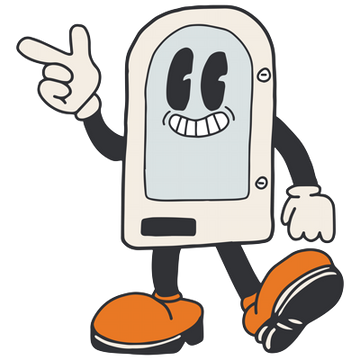
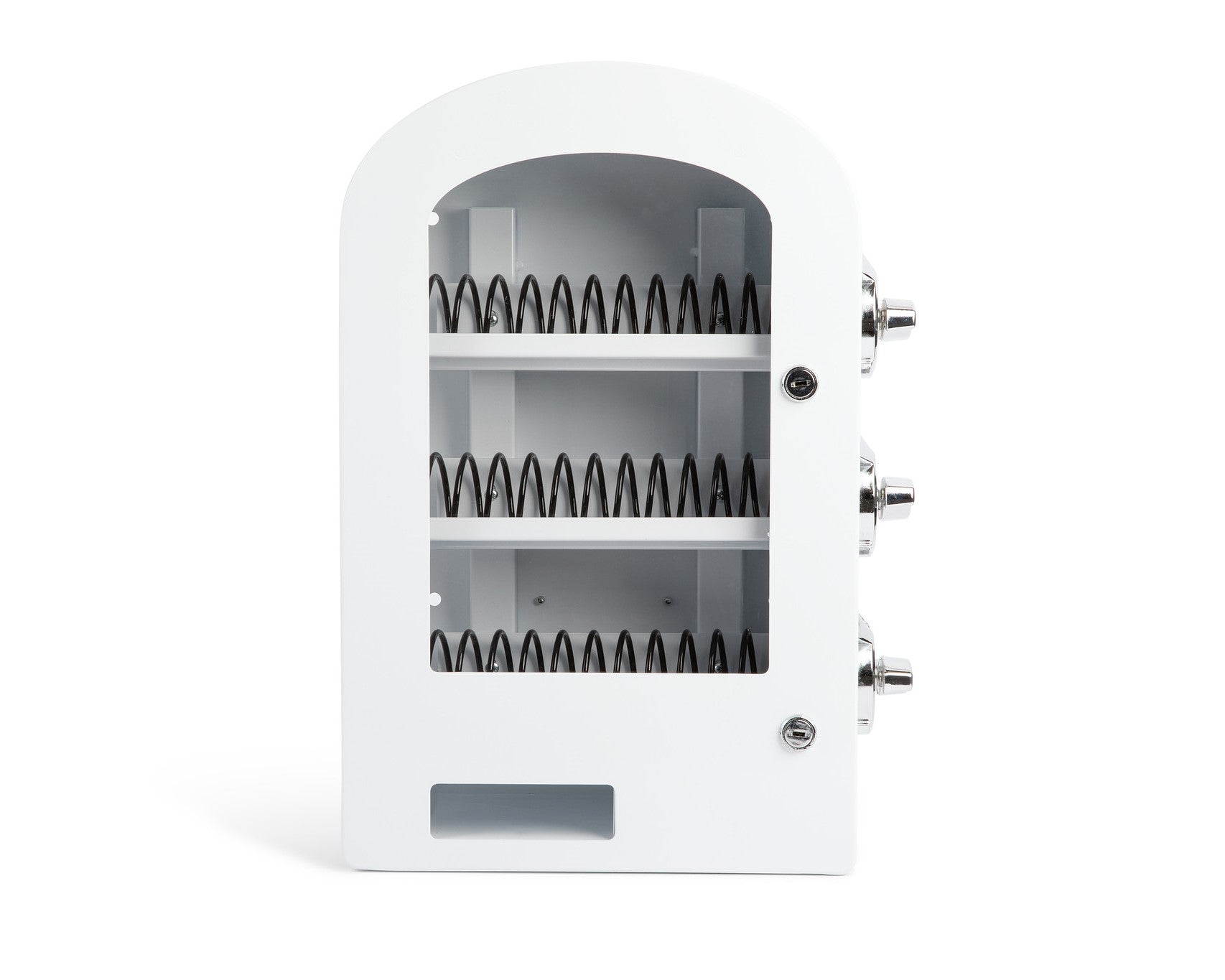
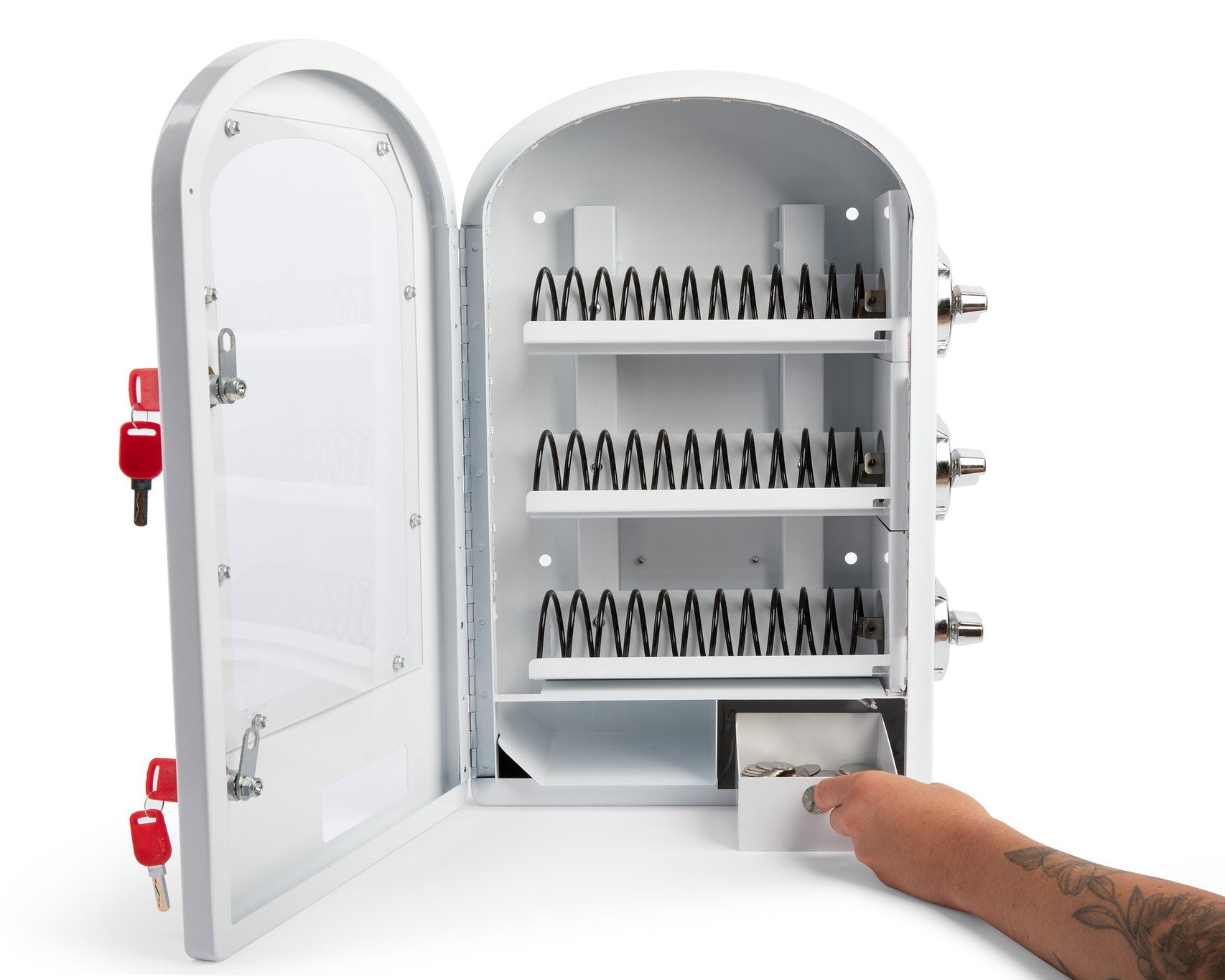
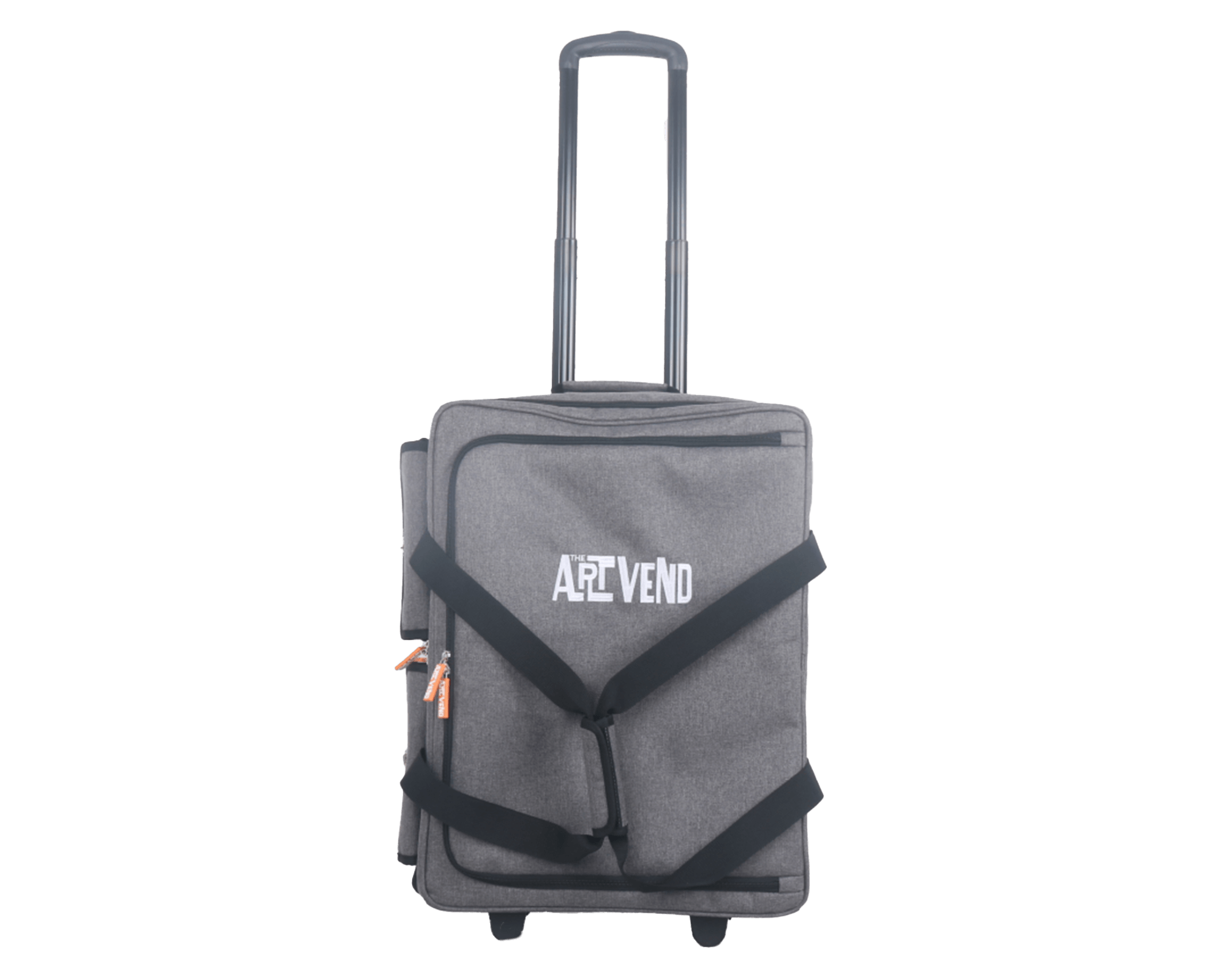
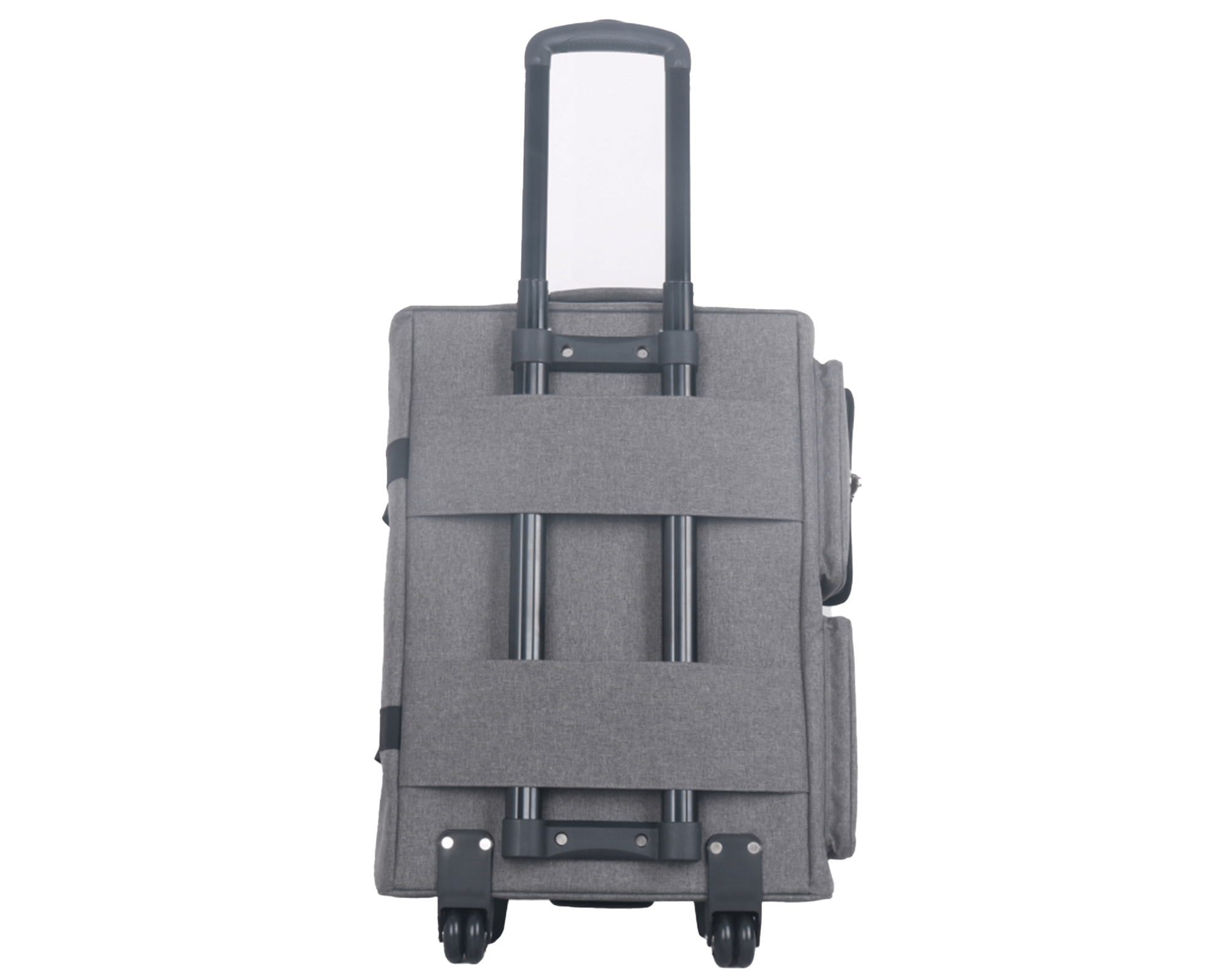
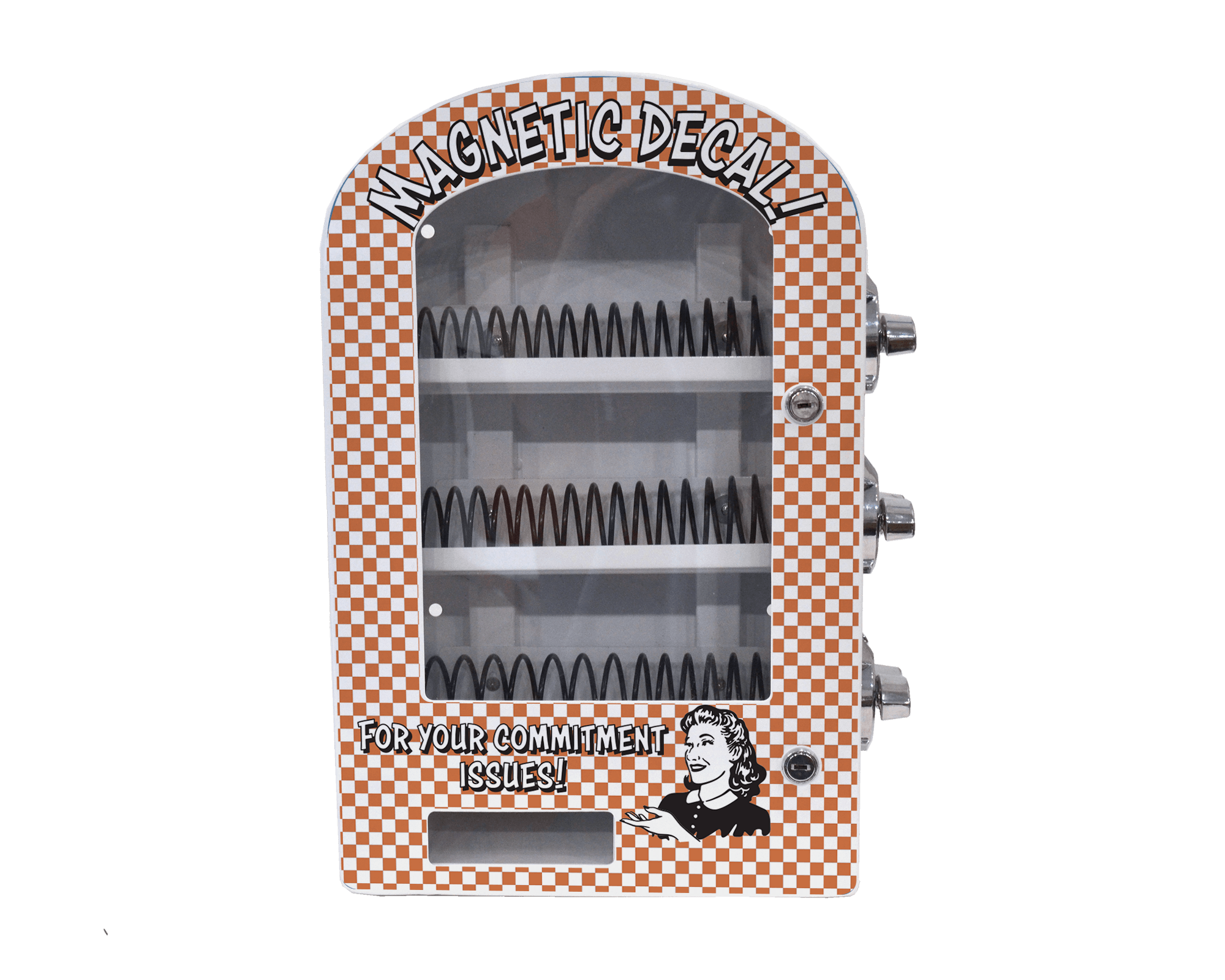
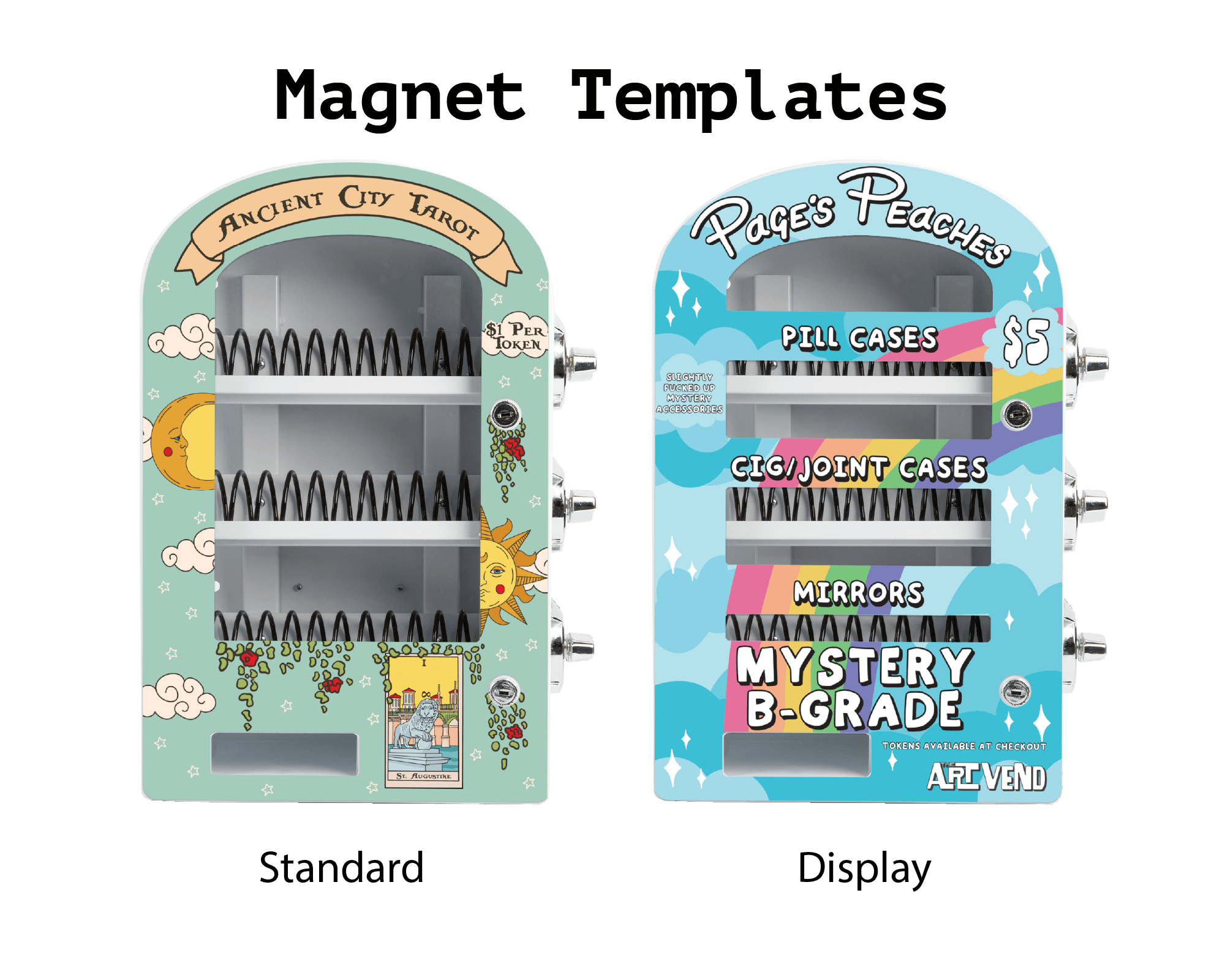
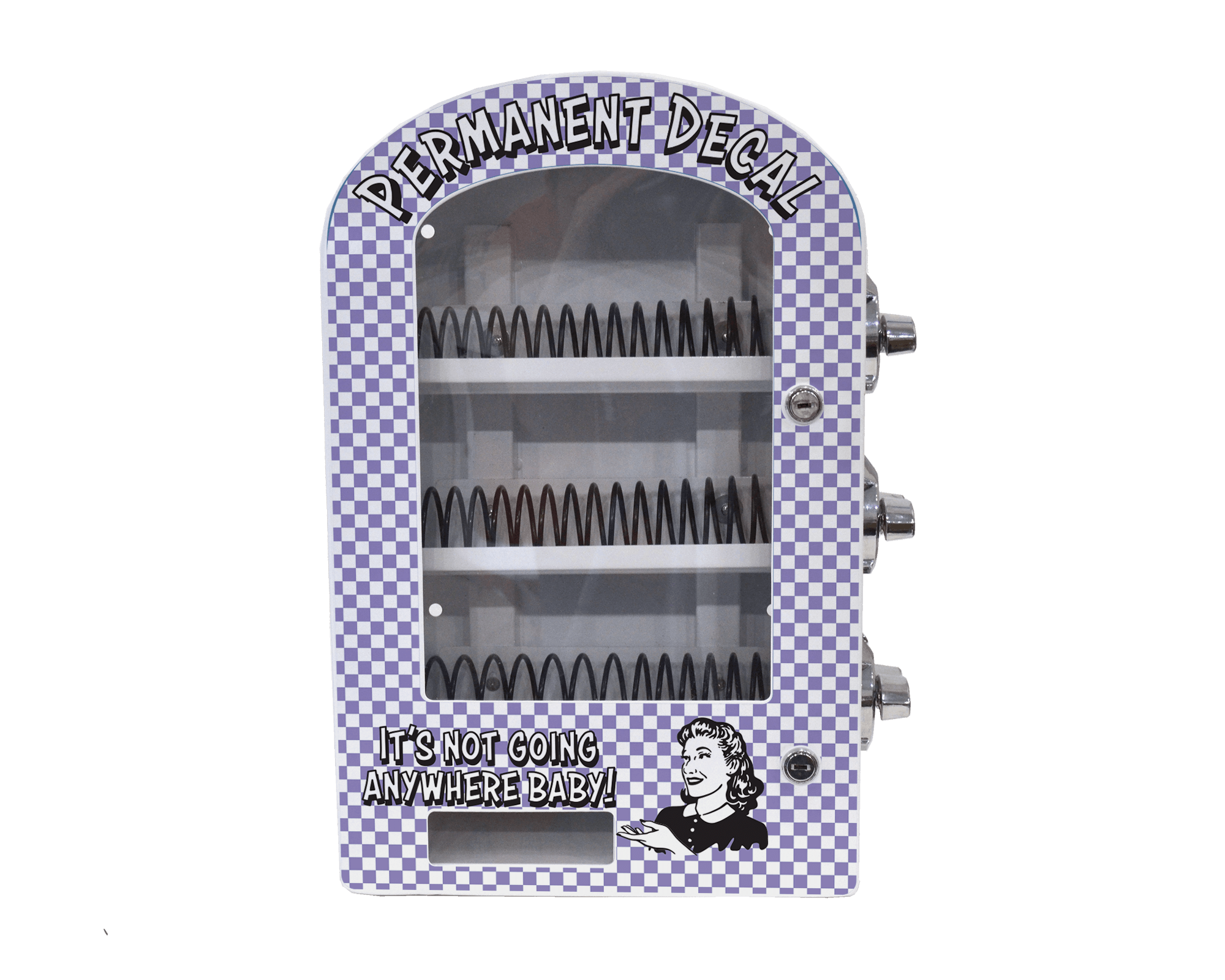

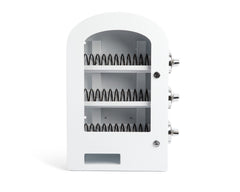
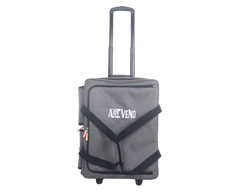
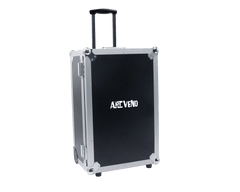
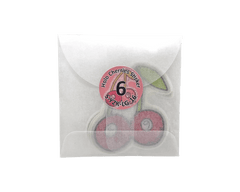
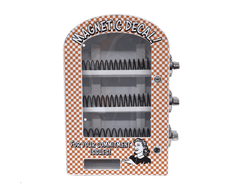
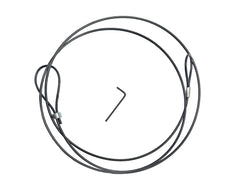
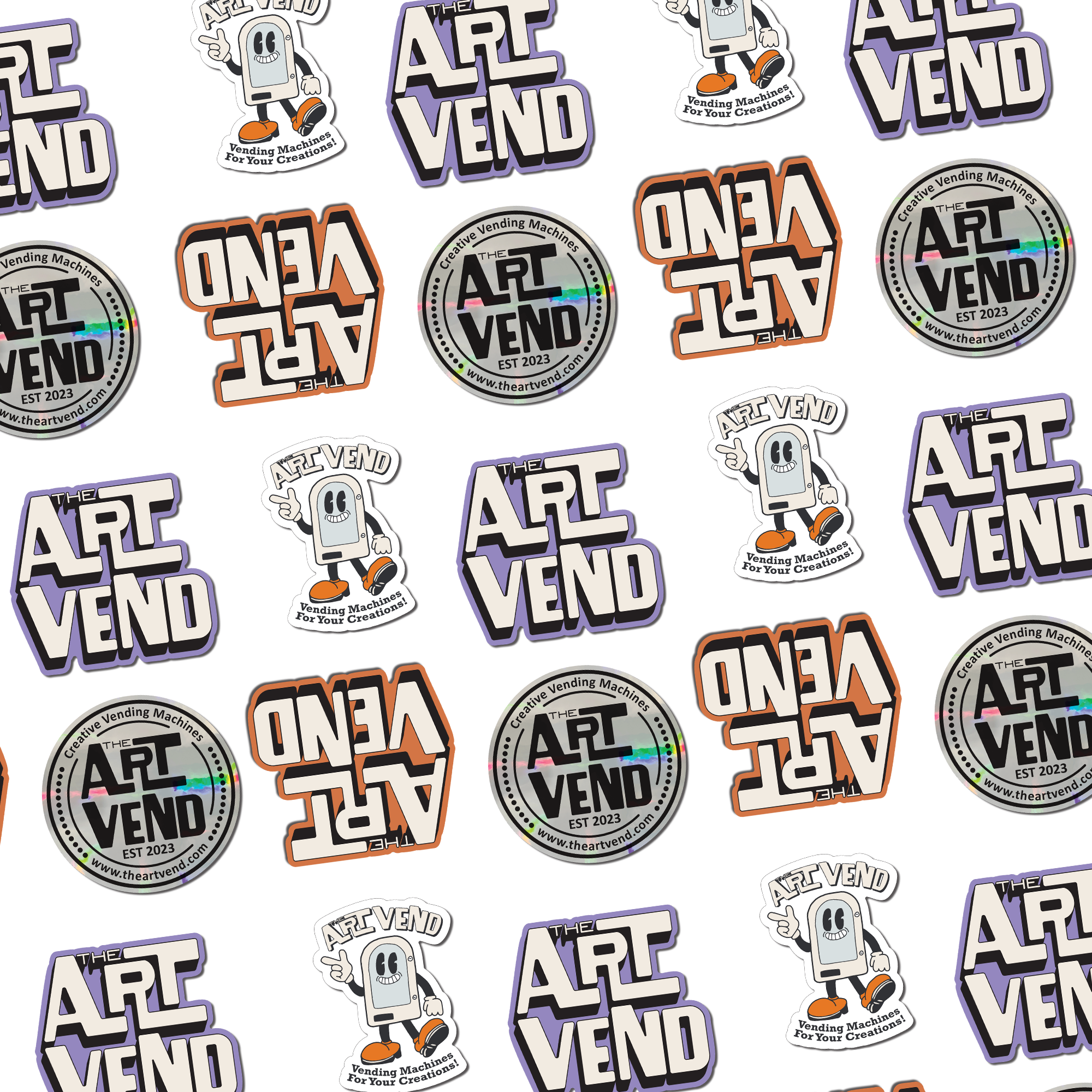
Leave a comment